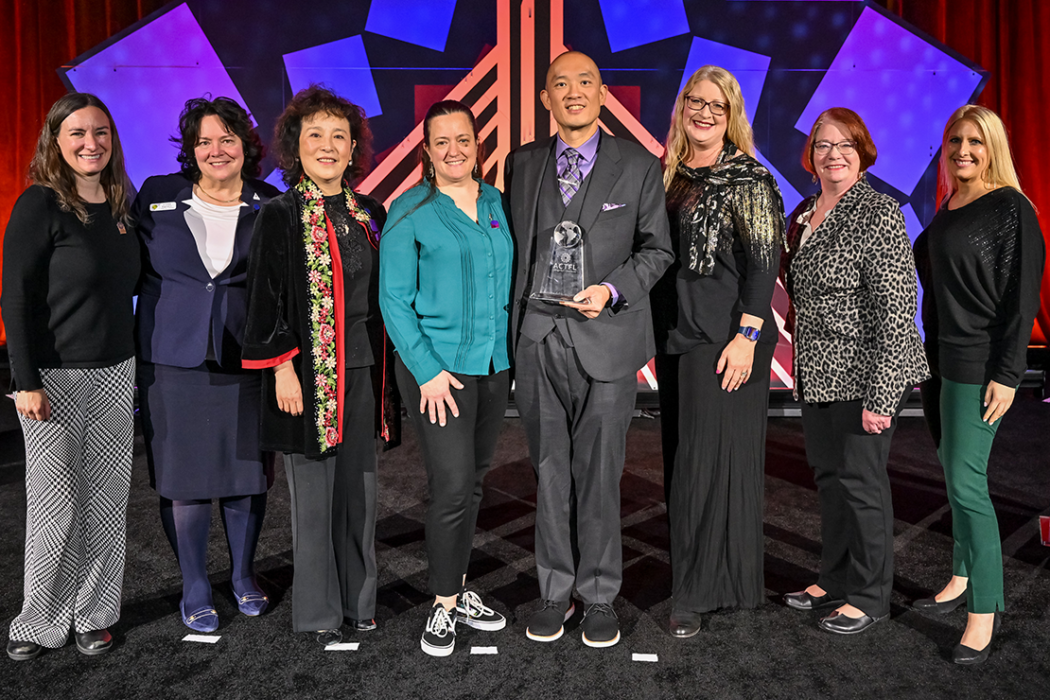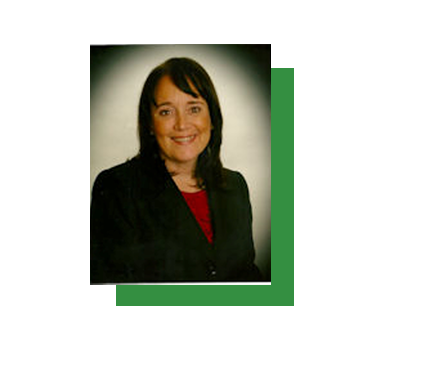Maryann Woods-Murphy

2011 Hall of Fame Nominee

North Highlands Regional High School
Allendale, NJ
2011 Finalist from NECTFL
Spanish
“Language and culture walk hand and hand into my classroom. I am always creating learning scenarios which help students imagine that they are living and working in the target language country. They have to solve a real problem together to understand the products, practices and perspectives of the culture they are studying. We have mock trade summits, medical conferences, business meetings and health and fitness discussions which all use the target language to work out a current issue or situation.
In my classroom, the first thing one might notice is that all communication is done in the target language. I speak at a natural pace and students quickly get used to that. The students also speak to each other and share their thoughts and ideas when I’m looking and when I’m not.
When students are working, I go from group to group to engage in conversation, to support and to clarify. I take the students seriously as thinkers, researchers and presenters. They absolutely know that this is true and they respond accordingly. I have seen that this can happen everywhere. I’ve taught in the Bronx, in the suburbs, in rich schools and poor ones from kindergarten to college. In each setting, I’ve seen how students will shine through when high expectations and respect are coupled.
The role of the imagination is another thing to note in my room. I know that I am an out-of-the-box thinker, but when I am very clear about including activities for all styles of learner, I get full participation. As a teacher, I believe it’s vital to remember that not everyone learns the way we do and that what is challenging or easy for us may be different for of our students. Together, we stretch our comfort zones when our classrooms are emotionally competent and filled with opportunities to show what students know and are able to do.
Another important part of the culture of my classroom is the fact that the space belongs to all of us. Students post their documents - straight or crooked - and will self-police to keep on target to speak Spanish. During project work, every table has a student “linguistic police officer” whose job it is to give out small pieces of paper which represent “fines” or “multas” whenever English is spoken. They do this with humor, which is another crucial part of how I run my class. If we can’t laugh or feel comfortable, we won’t learn as well as we might.
Our students will learn language and culture when we create safe and exciting rooms where they are truly invited to participate in their imperfect, awkward, but magnificent way.”